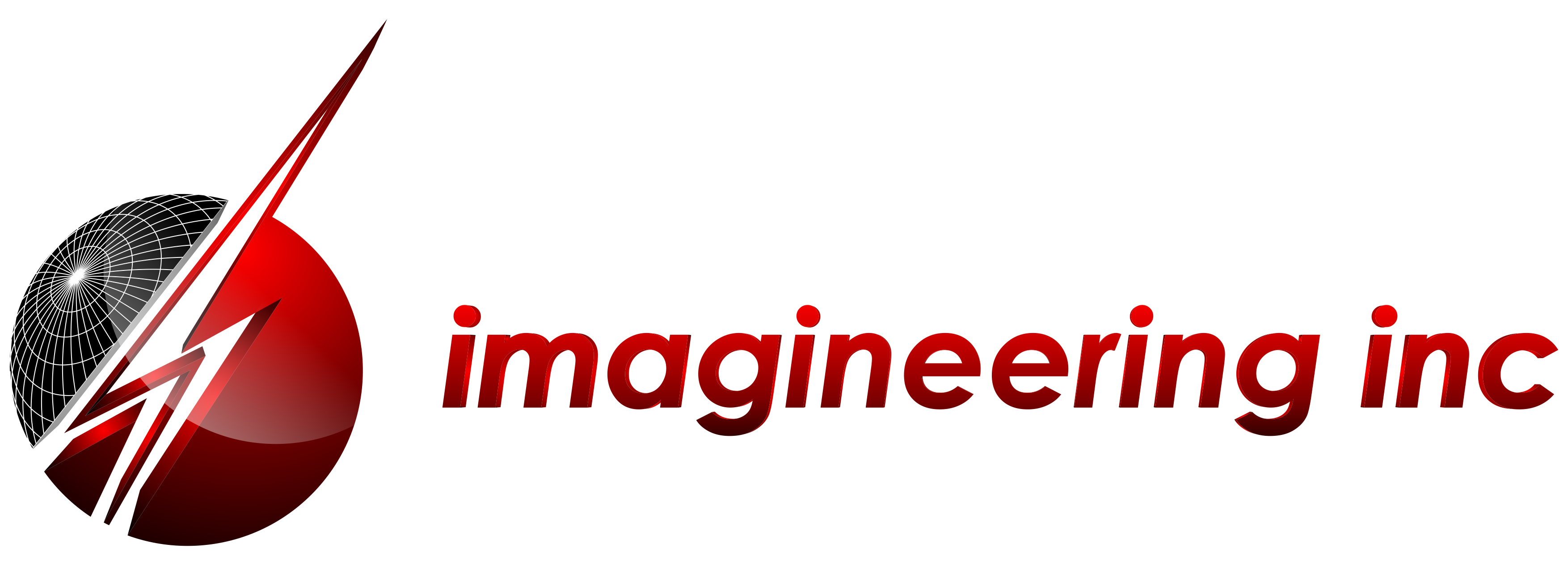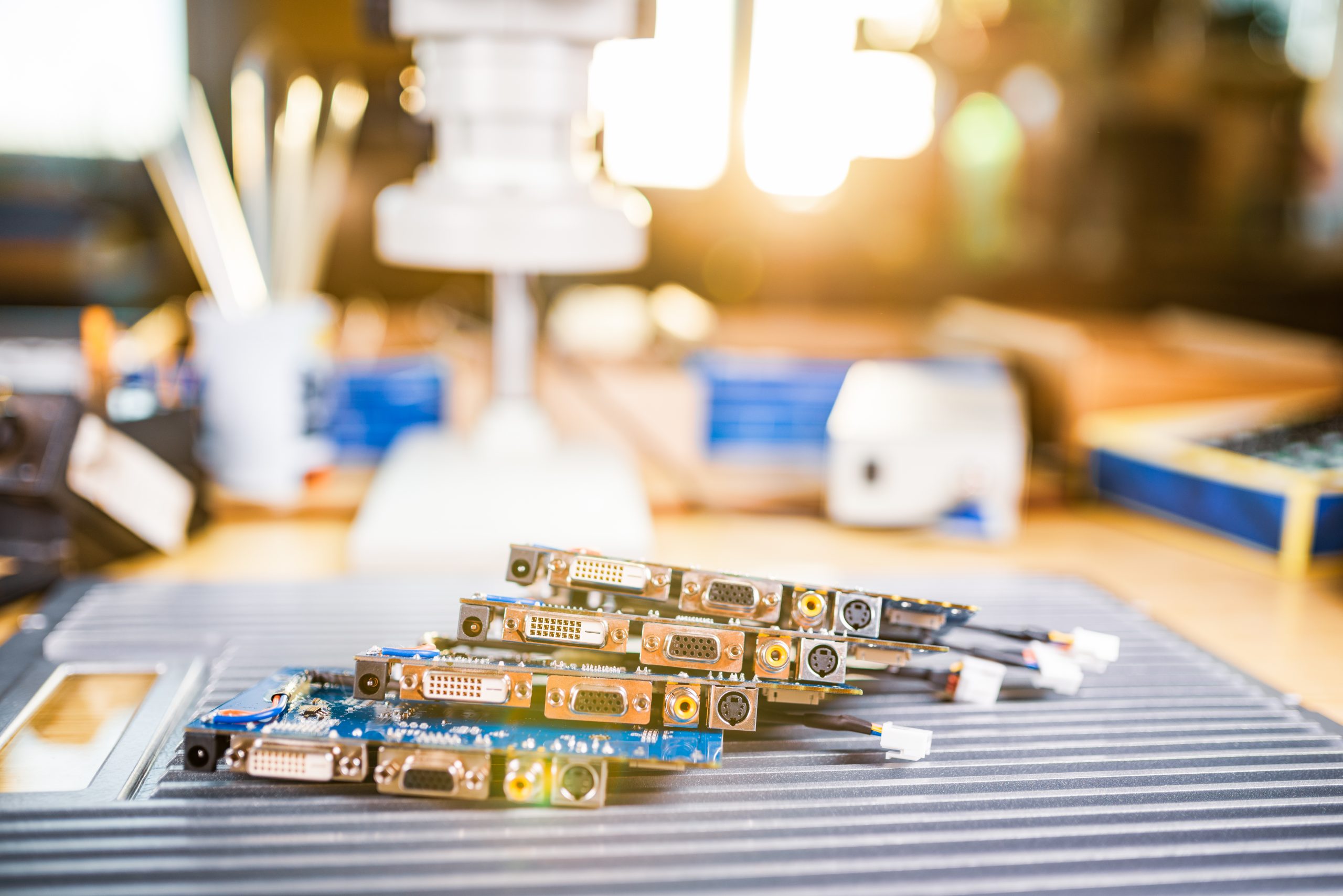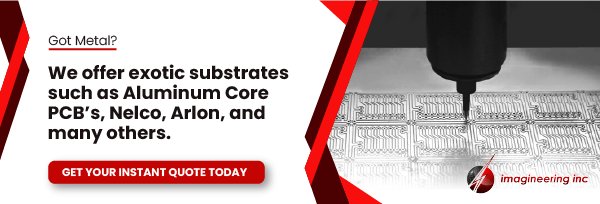In an era where climate change is often at the forefront of daily news, there’s increased pressure for companies to address the environmental sustainability of their products. The electronics industry is no exception, and this includes printed circuit board manufacturing.
Sustainable PCB manufacturing and recycling practices have just started to gain more traction in the industry. With the introduction of new standards for the use of hazardous materials and alternative manufacturing options, the PCB industry is tackling climate change head-on.
Here’s what you need to know about the environmental impact of PCBs and the sustainable solutions employed by the industry’s leading businesses.
What is the Impact of PCB Manufacturing?
Historically, PCB manufacturing has posed some environmental concerns due to energy-intensive practices resulting in high emission rates. Additionally, without proper waste management, PCB manufacturing contributes to hazardous waste which may affect human health and safety.
Unfortunately, the impact of PCB manufacturing itself is just a small percentage of the impact created by the entire electronics industry. Developing sustainable solutions for PCB manufacturing includes changing the fabrication practices for components made by third-party suppliers.
What Does the Future Look Like?
Better Regulations for Hazardous Materials
When it comes to reducing harmful waste products, it’s essential to establish stricter regulations for the materials used in PCB fabrication. In 2011, the EU introduced the Restriction of Hazardous Substances Act (RoHS), which limits the use of certain highly toxic elements in PCB manufacturing.
Restricted materials include:
- Lead
- Cadmium
- Mercury
- Hexavalent Chromium
If a PCB manufacturer doesn’t comply with RoHS regulations, they will be unable to export their items to the EU.
Reduced Emissions in Materials Manufacturing
Many circuit boards found in small electronic products are fabricated with semiconductors. A semiconductor is a material that’s more conductive than an insulator (e.g. glass, Teflon, polymer), but less conductive than a conductor (e.g. copper, aluminum, iron.) Semiconductors are an essential part of many PCBs, but semiconductor fabrication is often extremely detrimental to the environment.
The good news is that the industry is changing their practices to promote sustainability. According to the EPA’s website, “The EPA and the semiconductor industry worked together from 1996 to 2010 through the PFC Reduction Partnership for the Semiconductor Industry to identify a variety of technologies that reduce GHG emissions and improve production efficiencies.” Since then, the semiconductor industry has successfully identified and implemented emission reduction solutions.
Updated PCB Manufacturing Practices
PCB manufacturing has undergone a huge change in the past decade. Additive PCB manufacturing employs 3D printer technology to create PCBs by applying printed traces on the substrate. Instead of creating excess metal waste, which has to be removed and disposed of, printed PCBs only use the materials necessary for fabrication. Printed PCBs are designed using special software programs and the design is subsequently uploaded to the printer for fabrication. The precise results and low-waste, or no-waste, manufacturing process make printed PCBs a sustainable solution for the future of electronics manufacturing.
Better Recycling Programs
While most PCBs have a long life-span, it’s normal to need a replacement after continued use. Certain raw material components used in PCBs can be salvaged and reused in other electronics. Recycling these materials limits the use of resources, and reduces the amount of waste entering landfills.
Elements like copper and tin are excellent candidates for recycling. Copper used in PCB edging, etching solution, and stripping solution can be recycled as well as copper oxide found in wastewater. Tin found in tin or lead soldering is also frequently recycled and reused in other products.
Finding the Right Manufacturer
Participate in a more sustainable future by partnering with a conscientious manufacturer who is committed to producing low-waste products.
At Imagineering, we are dedicated to creating high-quality, custom made, sustainable printed circuit boards. Our circuit boards meet the highest standards, and we offer aero-space quality PCBs at affordable prices. We’re proud to be recognized as a sustainable business, and Imagineering is RoHS Certified, AS9100D/ISO9001:2015 Certified, and a member of the IPC.
Working on a tight deadline? We provide same-day turnaround for prototyping and production in as few as seven days. Plus, by partnering with our domestic and overseas manufacturers, we oversee the fabrication process from design to delivery.
Ready for a more sustainable future? Contact us today for a quote.


